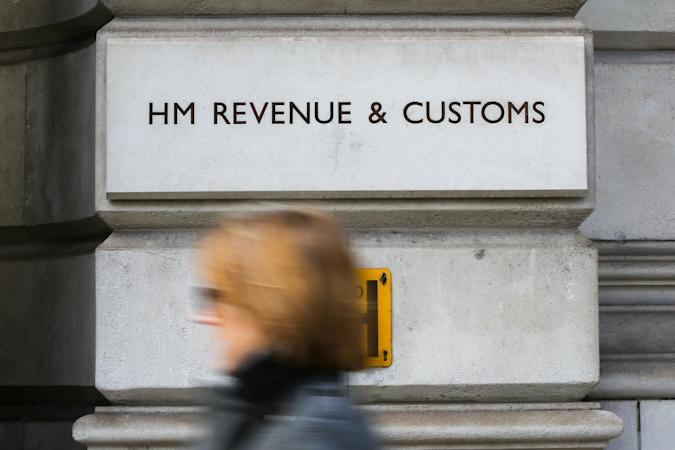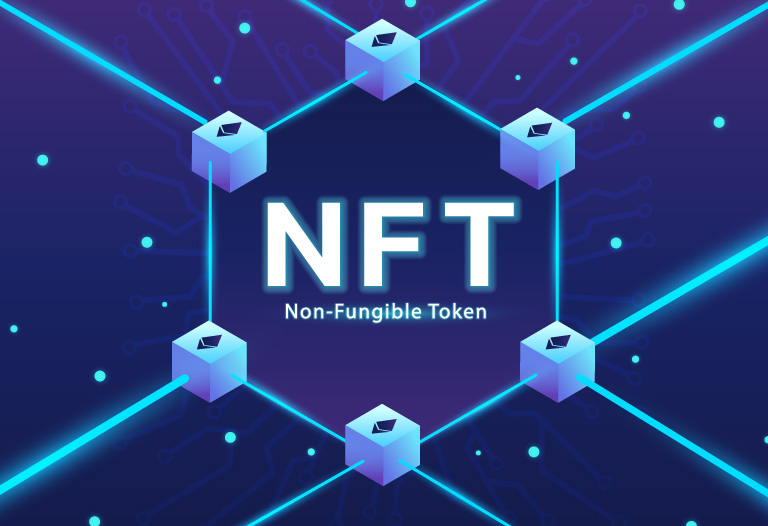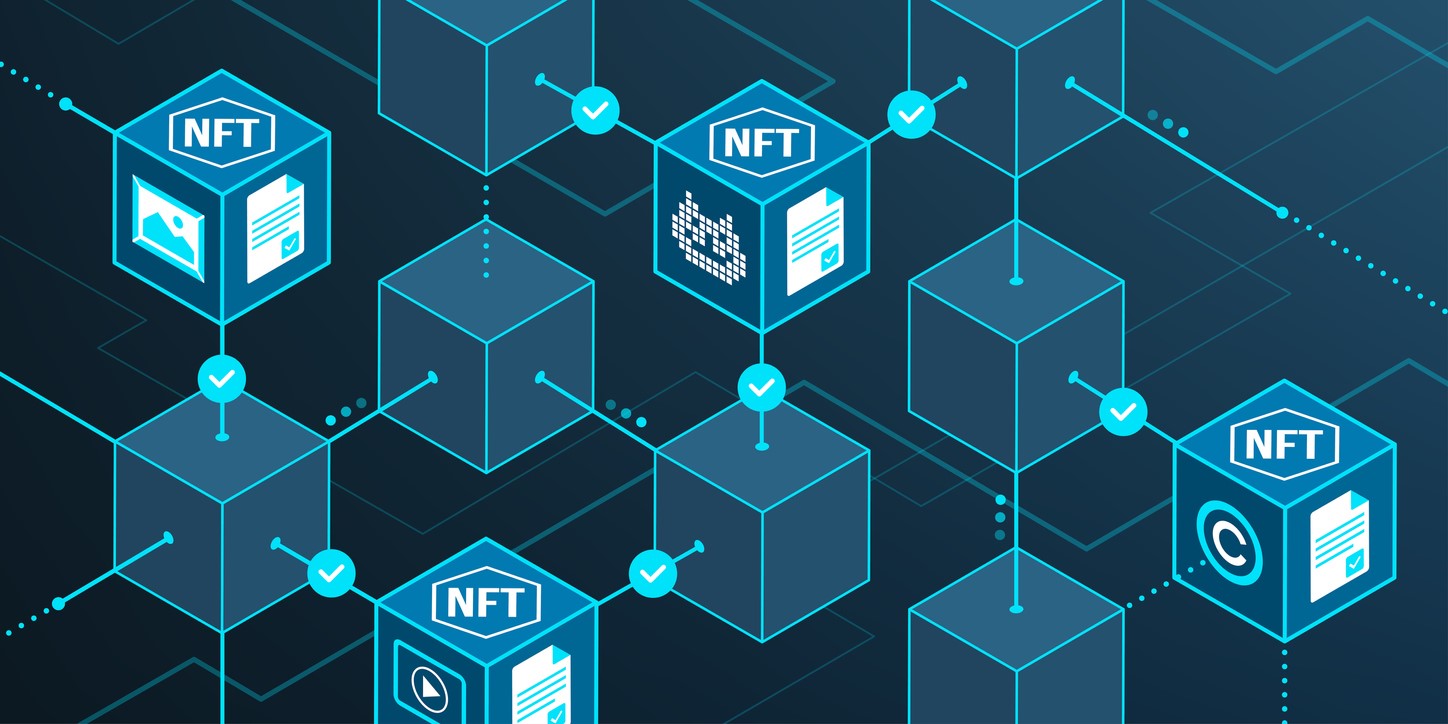

The market for non-fungible tokens, also known as NFTs, is full of shady deals, and the British authorities are hoping to rectify this state of affairs. Going into details, the authoritative publication BBC News reports that the UK Revenue and Customs has arrested three NFT fraudsters at once as part of an investigation into potential tax fraud. The suspects allegedly used 250 fake companies, fake IDs, prepaid phones, VPNs, and many other methods just to hide themselves in an attempt to defraud the UK tax office of nearly $1.9 million.
The aforementioned department has already received a court order to seize unvalued NFTs, as well as cybercriminal assets in the amount of about $6,760. And if we refer to the words of the authorities, then this is the first time that UK law enforcement agencies have confiscated NFTs. But be that as it may, it should be understood that the investigation of this case is still ongoing. However, it also needs to be mentioned that Nick Sharp, Associate Director of Economic Crimes, suggests that such NFT confiscation will “serve as a warning” to other potential criminals who have committed cryptocurrency fraud.
And in general, the absence at the moment of any rules and various means of protecting the NFT market just the same has led to serious problems with various kinds of fraud, including the independent sale of tokens to oneself to artificially increase their prices. Moreover, in this rather young market, even the trade in fake or plagiarized tokens is flourishing.
One of the largest NFT exchanges, Cent, just recently suspended the vast majority of transactions due to the “rampant sale of fake tokens,” while the market giant OpenSea struggled to develop security measures after how 80 percent of NFTs minted using the company’s free tool were found to be fakes, copies, or even spam. So for the foreseeable future, we should not be surprised if such seizures increase many times over, at least until NFT marketplace owners have more ways to prevent fraud and other malicious activities.





